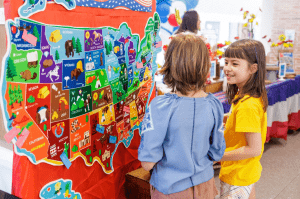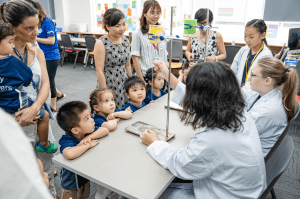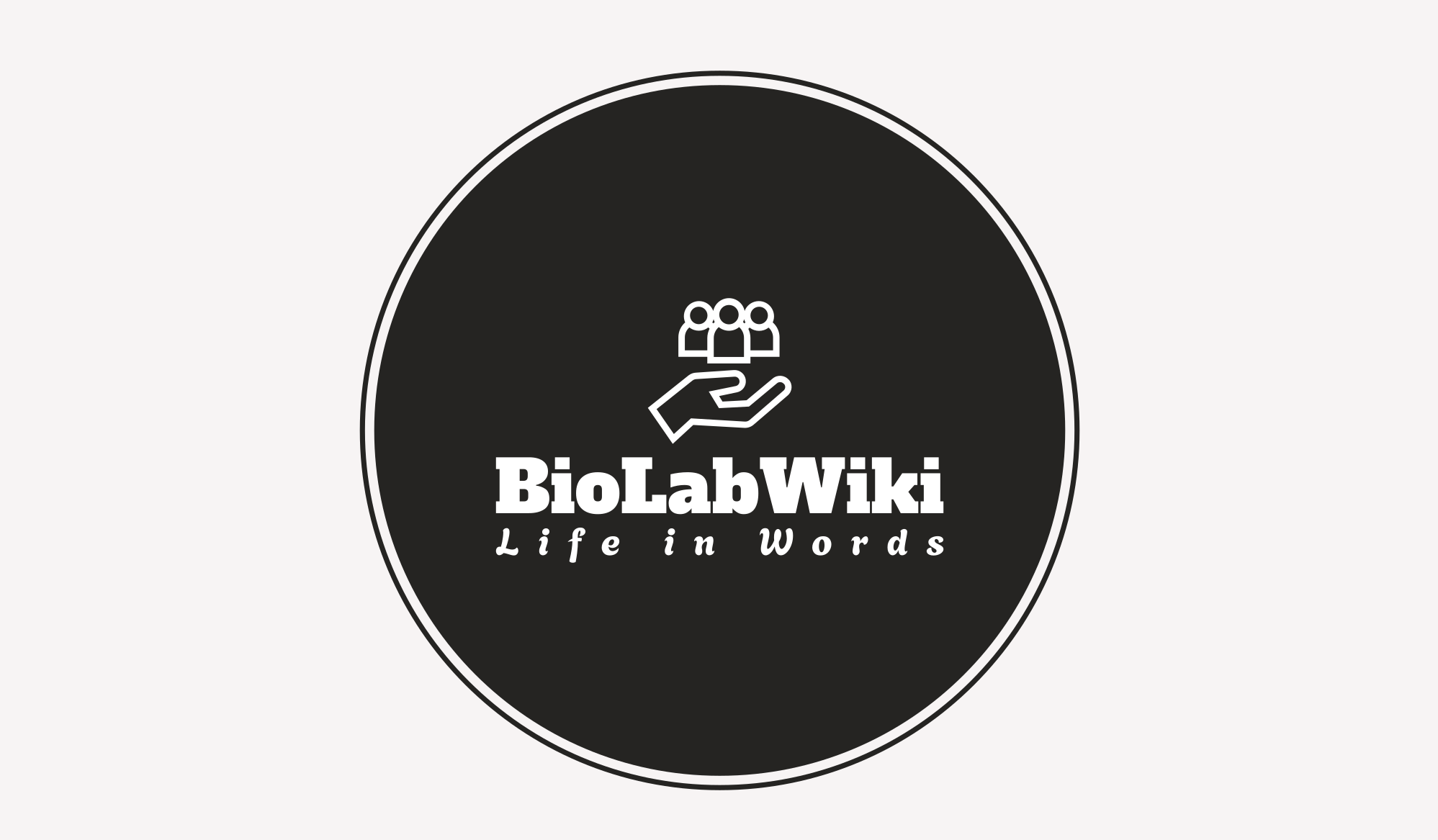Parents and their children both consider starting kindergarten an important milestone. This stage is the beginning of formal education, where children develop primary skills to form the basis of their academic path.
Knowing the expectations for kindergarten parents will enable you to help children be prepared for it. The article explores the main developmental areas and offers helpful strategies for parents that can promote their children’s growth.
Understanding the Kindergarten Curriculum
Typically, here are the kindergarten expectations for parents:
- Reading Competencies: Beginning reading and writing are introduced at this level. This comprises letter recognition, phonemic awareness and vocabulary development.
- Arithmetic Competence: Fundamental math concepts such as counting, number identification, and basic addition/subtraction facts are taught.
- Social Skills: Children learn how to relate with peers, follow directions and understand the concept of teamwork.
- Emotional Development: Activities focus on expressing emotions, building empathy and creating self-confidence.
- Physical Development: Physical exercises aim to improve motor skills, coordination, and general health.
What can parents expect from Kindergarten?
When it comes to their child’s early education, parents often have specific expectations for kindergarten parents regarding their child’s development and learning environment.
Receptive Language Skills
Kindergarten should foster their child’s receptive language skills, which include:
- Vocabulary Expectations for Kindergarten Parents: Children should be able to recognize and use age-appropriate vocabulary, including nouns, verbs, and adjectives.
- Answering Questions: Children should progress from answering simple yes/no questions to more complex “wh-” questions (who, what, when, where, why) related to stories and activities.
- Following Directions: During their development, children should initially follow simple one-step directions before advancing to multi-step instructions.

Expressive Language Skills
Kindergarten can boost expressive language in the following ways:
- Early Language Development: Engage in conversations using gestures and facial expressions to support communication.
- Narrative Skills: Emphasize sequencing events to encourage storytelling by using descriptive language.
Science Knowledge
Science literacy is fundamental; four pillars will be discussed on how kindergarten can foster learning in the field:
- Physical Science: Conduct practical activities about basic properties/interactions in our physical world.
- Earth Sciences: Observe weather patterns and explore the environment when teaching about geology/meteorology.
- Technology and Engineering: Encourage creativity by permitting young ones to conceive simple projects employing scientific ideas.

Mathematics Development
Future academic success is dependent on early math skills. These include:
- Counting and Cardinality: Children should be able to count objects and identify the written numerals.
- Measurement and Data: Utilize non-standard units for comparing objects and basic sorting skills introduction.
- Geometry: Assist children in understanding different shapes while enhancing their spatial reasoning.
Social and Emotional Development
During kindergarten, parents can expect social-emotional skill development through:
- Collaboration and Teamwork: Encourage group activities that promote sharing and turn-taking.
- Self-Management: Demonstrate self-control strategies and provide conflict resolution guidance.
- Independence: Give age-appropriate tasks to foster confidence building.
- Self-Expression: Provide opportunities for creative expression through art and music.
Physical Development
Kindergarten readiness depends heavily on physical development. This can be narrowed down in terms of:
- Energy Management: Have a regular exercise that children can engage in to manage energy levels appropriately.
- Gross Motor Skills: Involve activities like running, jumping or similar movements required for better coordination.
Cognitive Skills Development
Cognitive skills are refined in kindergarten. Kindergarten can support:
- Memory Skills: Play games that strengthen both short-term and long-term memory.
- Critical Thinking: Use open-ended questions that encourage abstract thinking.
- Attention and Focus: Develop structured routines to support learners’ sustained focus.
Fine Motor Skills Development
Fine motor skills are essential for school readiness. Kindergartens can aid development by:
- Self-Care Abilities: Promote autonomy when it comes to dressing and self-grooming.
- Tool Use and Manipulation: Make available tools like scissors, pencils, and other tools that improve agility.
Supporting Learning at Home
Besides expectations for kindergarten parents, parents can actively support their children’s learning and growth at home. Here are some strategies:
- Create a Structured Environment: A routine can help your child feel comfortable and understand what is expected of them. This includes regular meals, play, and bedtimes that offer stability as the child grows up.
- Engage in Interactive Reading: Reading aloud is one of the best ways to build reading aptitude. Parents may select many books from different genres to discuss storyline enhancement and inquiry-based comprehension subjects.
- Encourage Play-Based Learning: Children learn through play naturally. They need opportunities to engage in structured and unstructured play that enable them to explore personal interests while building social competencies.
- Activities to Promote Parent Involvement: Participating in decision-making at the school level, including contributing ideas via school councils, promotes parental involvement.
Conclusion
Understanding and meeting the expectations for kindergarten parents can significantly impact a child’s learning journey. Parents who participate in their children’s learning and development actively enable them to develop essential skills for school success and beyond.
Among the international schools in Ho Chi Minh City, ISHCMC has a student-centered approach that encourages young learners to develop critical skills through engaging physical activities. ISHCMC creates an enabling environment where children are inspired to love learning to fulfill their academic goals.
Learn more about ISHCMC’s kindergarten program to see how it could support your child’s academic journey!



